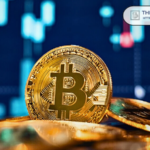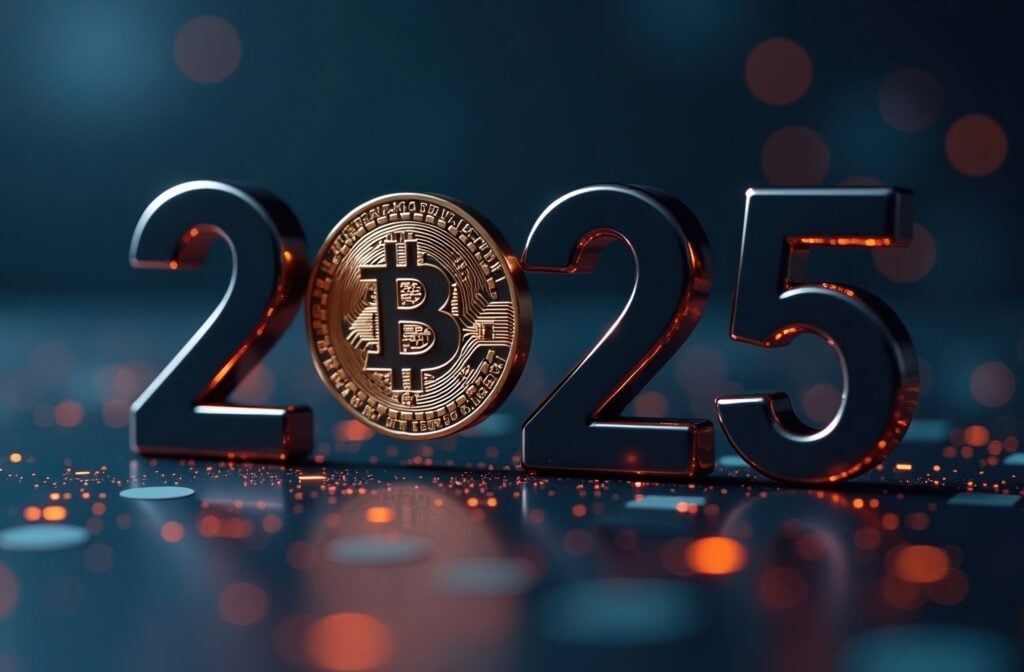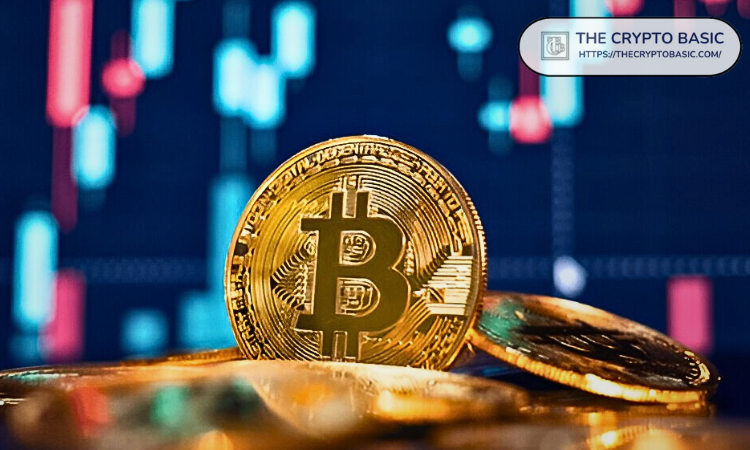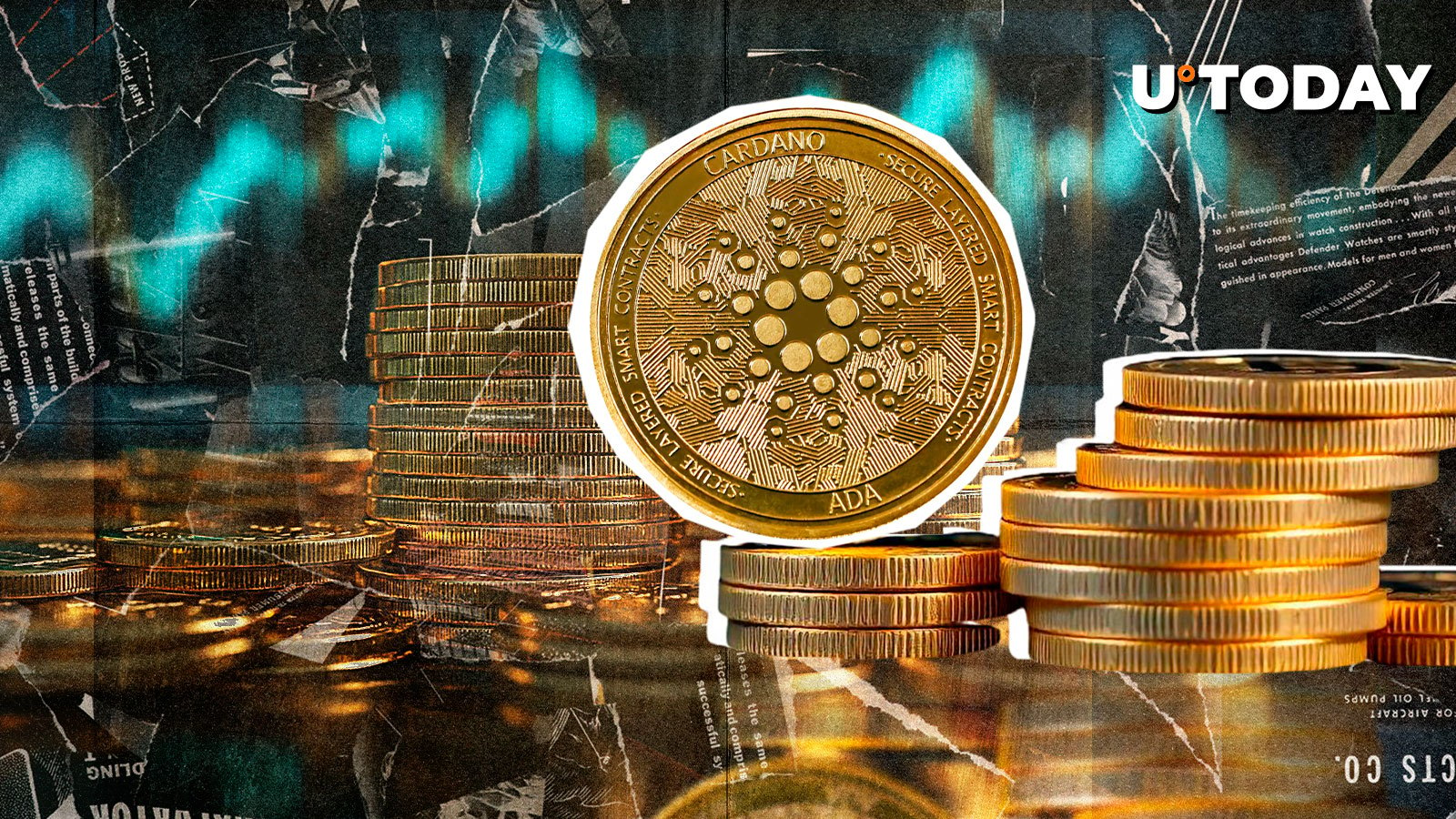Key Points
- JPMorgan analysts are anticipating six crypto-related changes starting next year.
- Despite their prediction of a low probability of a Strategic Bitcoin Reserve, the crypto industry pushes forward.
JPMorgan analysts believe that the new Trump administration will bring a friendlier regulatory framework for the crypto industry, although they don’t believe in the approval of the Bitcoin Act bill.
Top 6 Crypto Regulatory and Market Changes in 2025
1. Advancing Pending Crypto Legislation
JPMorgan analysts led by managing director Nikolaos Panigirtzologu believe that important crypto bills that have been stalled so far could eventually see approval.
The bills include the following:
- The Financial Innovation and Technology for the 21st Century Act, also known as FIT21, a bill that could offer more regulatory clarity by defining important roles for the SEC and CFTC
- The Clarity for Payment Stablecoins Act of 2023, aiming to set a framework for permitted stablecoins, and exclude them from being classed as securities under the US law
- The Central Bank Digital Currency Anti-Surveillance State Act, which could halt US CBDC development, creating more opportunities for private stablecoins to expand their role in the financial system
2. Advancing Cooperative Crypto Regulation
With clearer regulations, the SEC’s heavy enforcement approach could become more collaborative. Also, lawsuits against firms such as Coinbase could be softened, settled, or dropped, according to the analysts.
Regulatory notices that have been issued to companies including Uniswap and Robinhood could be reconsidered, reducing litigation risks for the overall crypto industry.
3. Implementing Crypto Custody Services to More Banks
JPMorgan analysts expect the SEC’s Staff Accounting Bulletin no. 121 (SAB 121), which restricts banks from holding crypto to be repealed.
SAB 121 requires custodians to record customer crypto holdings as liabilities on their balance sheets. BNY Mellon, a bank in NYC, received an exemption from the rule, but a repeal of SAB 121 would eliminate the need for such individual approaches and would allow banks to engage with crypto in a friendlier manner.
Analysts also mentioned upcoming changes in leadership at the Federal Deposit Insurance Corporation and the Office of the Comptroller of the Currency, changes that could encourage bank participation in crypto even more. This would reportedly unlock new growth opportunities for the digital asset industry.
4. Increasing Interest in ETFs Beyond Bitcoin
Bitcoin ETFs have seen massive success since their January launch, amassing almost $28 billion in flows since inception. However, analysts forecast increased interest in multi-token ETFs, considering the low demand for ETH ETFs so far.
They highlighted that although optimism is on the rise for Solana and other crypto ETFs, there are still hurdles that have to be overcome. More than that, the SEC could require the resolution of lawsuits regarding unregistered securities and the launch of futures-based ETFs for the assets before approving spot ETFs for them.
All these issues could delay new ETF approvals or they might involve new filings, according to JPMorgan analysts.
5. Increasing Venture Capital Funding and M&A Activity
Clearer regulations in the crypto industry could lead to an increase in venture capital funding, mergers and acquisitions (M&A), and IPOs in the sector.
There could also be more collaboration with regulators regarding token issuance, asset tokenization, and decentralized autonomous organizations.
There could also be more progressive DAO legislation, and the analysts offered as an example Wyoming’s Decentralized Unincorporated Nonprofit Association Act.
This act which is also known as DUNA aims to offer non-profit DAOs legal recognition, enabling blockchains to operate within the bounds of applicable laws without compromising their decentralization.
6. A Low Probability of the US Establishing a Bitcoin Reserve
While the crypto industry is eagerly awaiting a Strategic Bitcoin Reserve, one of Trump’s recent promises for the crypto industry, JPMorgan analysts don’t seem very optimistic about the matter.
They see a low chance of an upcoming approval for the Boosting Innovation, Technology, and Competitiveness through Optimized Investment Nationwide Act of 2024 (BITCOIN Act).
This bill proposes establishing Bitcoin and a national strategic reserve, similar to gold, by acquiring up to 5% of its total supply over 5 years which translates into 1,05 million BTC worth around $94.5 billion at current prices.
Analysts believe that the move would legitimize Bitcoin and drive prices higher, but its passage has low probability.
However, the crypto industry sees things differently, with more optimism.
The Crypto Industry is Optimistic About Establishing a Bitcoin Reserve – Here’s Why
Just a few hours ago, Dennis Porter, the co-founder and CEO of Satoshi Act Fund, shared a post via X, highlighting that the chances of a Strategic Bitcoin Reserve jumped on the news of the Pennsylvania Strategic Bitcoin Reserve legislation.
On November 14, the chances surged by 8% from November 10, reaching 36%, according to data from Polymarket.

Porter also shared that lawmakers are claiming massive support brewing for a Strategic Bitcoin Reserve legislation. Porter’s Satoshi Action Fund positions itself behind the legislation regarding Bitcoin in Pennsylvania.
Yesterday, the Pennsylvania House of Representatives introduced the bill that, if passed, would allow the state to hold Bitcoin as a reserve asset on its balance sheet. Also, if this passes, more states could follow suit, and most likely other nations.
Such moves would bring a new era for state investments and economic security.
More important names supporting the crypto industry, including Senator Cynthia Lummis, are making massive efforts to establish a US Strategic Bitcoin Reserve, and they are confident this can be done soon, or at least, in the first 100 days after the January Presidential Inauguration.
Also, Trump’s new cabinet included multiple Pro-Bitcoin names, such as RFK Jr, Elon Musk, Matt Gaetz, and others, which is also a good sign for the industry.
The crypto industry believes that a Strategic Bitcoin Reserve is the most stringent need for the sector along with the following:
- Protecting the right to self-custody crypto
- Protecting the right to mine
- Protecting the right to P2P transactions
- Protecting the right to run a node
El Salvador already has a national Bitcoin reserve and they continued buying Bitcoin daily despite market volatility.
Nayib Bukele was among the first important names who congratulated Trump on his win a few days ago. It might not be too far-fetched to believe that the US will follow El Salvador’s steps and create a Bitcoin reserve.
Bitcoin was surrounded by pessimism from naysayers who didn’t believe that Uptober was still on the table, or that November could be a good month for the digital asset, due to some price dips.
However, each time, despite all the volatility, Bitcoin proved them wrong, reaching one ATH after another. On November 13, Bitcoin reached its historical high above $93,000.
Optimistic predictions see Bitcoin hitting $100,000 sooner than expected, regardless of what some analysts foresee.











